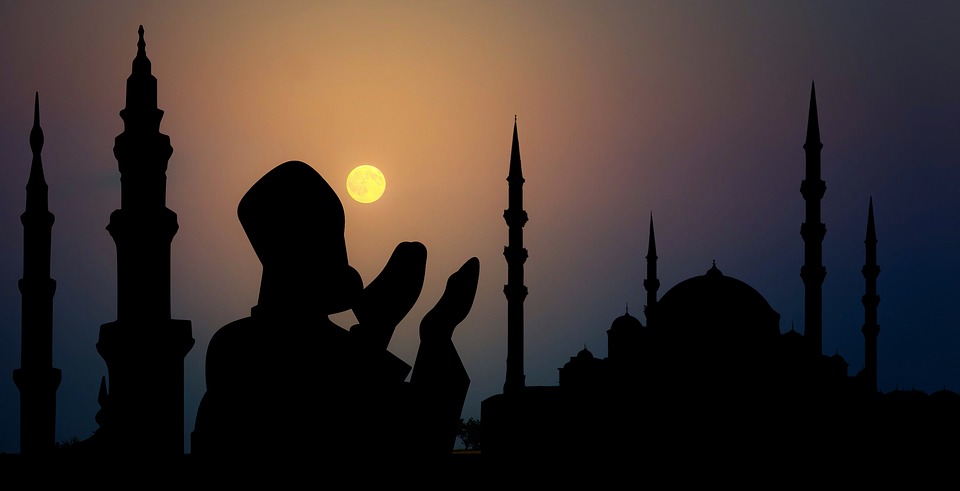
Muslims observe Ramadan all over the world as a month of fasting. This month lasts around 29-30 days, depending on the sightings of the moon. Fast during Ramadan can be a natural and beneficial way for the body to detox and revitalize itself. But this can only happen if you follow a healthy eating plan throughout this month and do not overeat for iftar.
Try your best to avoid processed and fried foods this month. Since we only get a few hours available to satisfy our hunger and drink, it’s very consequential that we make the food we eat really count. Stay hydrated by drinking enough water and avoid caffeine, which will dehydrate your body and make you feel thirsty during the fasting hours.

We know that Ramadan is a very hectic period, so most of us tend to cut back on sleeping hours to make more time for good deeds, which is great for you but make sure you are getting at least six hours of sleep daily. If you don’t get minimum hours of sleep, you could become very lazy during Namaz and Quran time, and that’s the last thing we want. Also, please keep in mind that over-sleeping will also make you lazy and less productive. So balance is the key.
Here is an analysis of what happens to your body when you fast in each stage of the 30 days of fasting.
Table of Contents
Stage 1
During the first couple of days of fasting, both blood sugar levels and blood pressure drop. When the body starts its cleansing process, the first few days are the toughest as they are usually accompanied by headaches, dizziness, nausea, and intense hunger.
Stage 2
During the second stage, the body becomes habitual to the fasting schedule, and the digestive system is able to unwind. The digestive system shifts its energy to cleansing the body and healing the cells as the body’s white blood cells start to become more active. During this stage, the organs start their repair process as well.
Stage 3
In the course of the third stage, energy levels will increase, your mind is able to concentrate better, and an overall feeling of wellness take you over. During fasting, the body’s healing process becomes a lot more efficacious, so the body repairs any damaged cells during this stage. During this stage, organs like the colon, liver, kidney, lungs, and skin are detoxified by eliminating toxins.
Stage 4
For the time of the last 10 days of fasting in Ramadan, the body has become used to the fasting process. Your body becomes more energetic, and you experience improved memory and concentration. At this point, the organs are almost winding up their healing process, and once all toxins are eliminated, the body can function at its optimal capacity.
These are just some of the physical benefits of fasting that will occur within the body while having a fast during Ramadan, but the spiritual benefits of this month are far greater than anything mentioned here. I hope you have a blessed Ramadan! 🌜